6 of the best sunscreens for combination skin to balance and protect
The best sunscreens for combination skin strike a fine balance for skin with multiple concerns


Combo skin can be a bit of a diva at times, can’t it? So the best sunscreens for combination skin must not only provide your skin with adequate protection from the sun’s UV rays, but also help to balance a complexion that’s prone to both excess oil and dryness.
Choosing the best facial sunscreens for this finicky skin type might not strike you as the easiest task, but there are several clever formulas that will cater to various combination skin needs. Here, our contributing beauty expert has shared detailed reviews of the best sunscreens for combination skin to help you find your perfect fit—whether your complexion skews oily, dry, or sits somewhere in the middle.
Our best sunscreens for combination skin
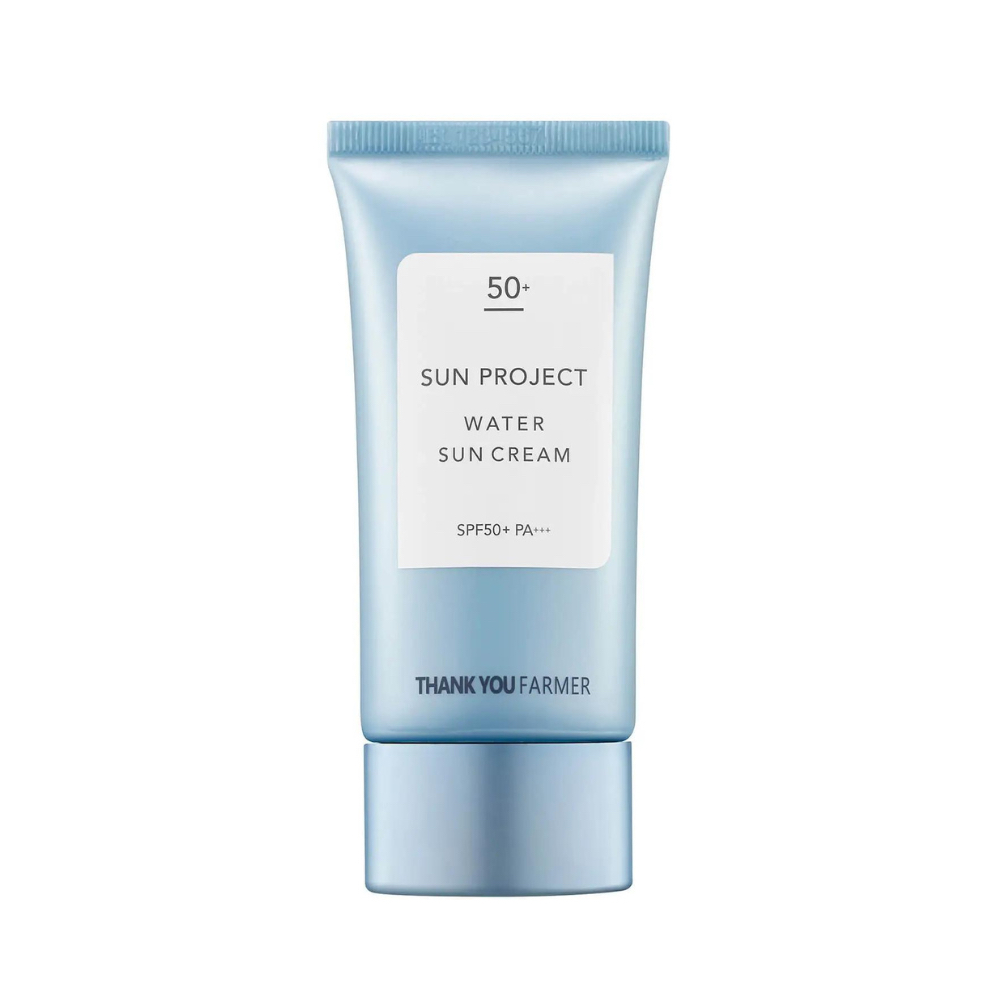
Best for dry combination skin
A gorgeous silky texture that really hydrates while protecting the skin.
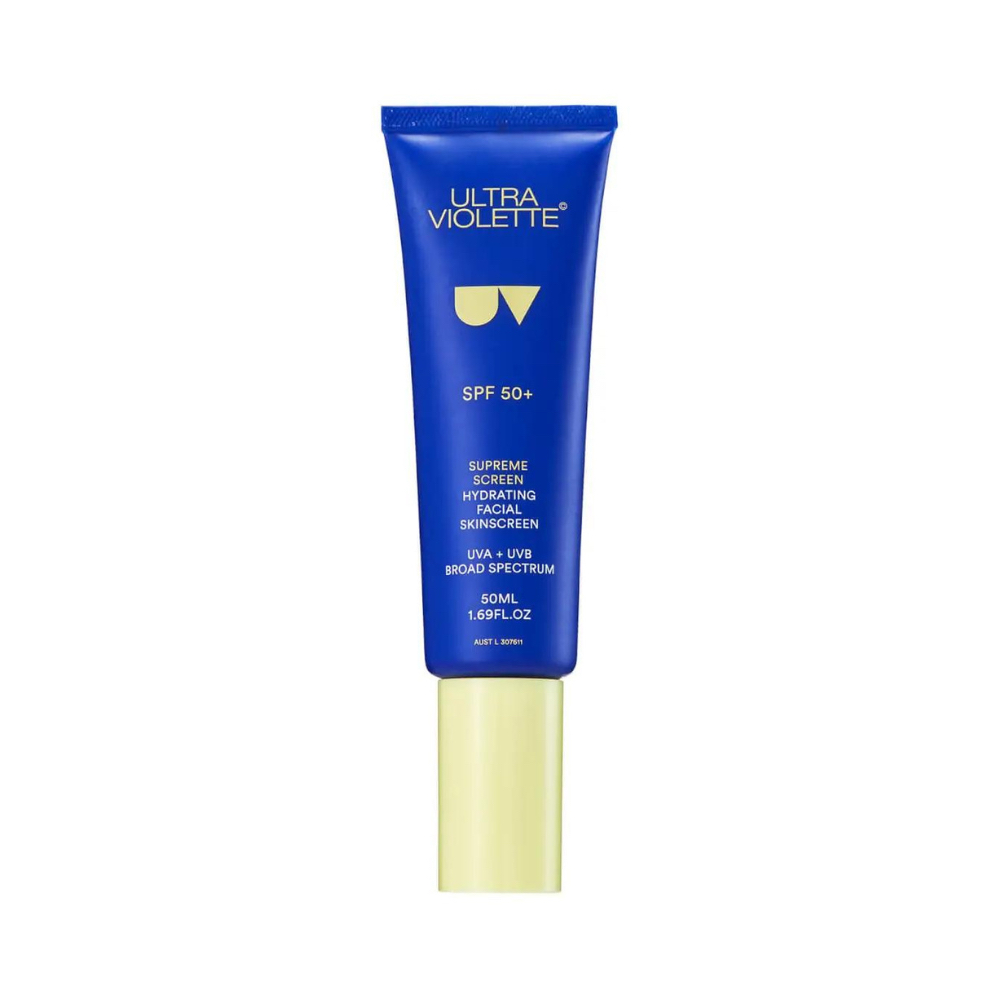
Best sunscreen for oily combination skin
Super comfortable to wear without making skin feel excessively greasy, this high-protection buy is suitable for all skin types.
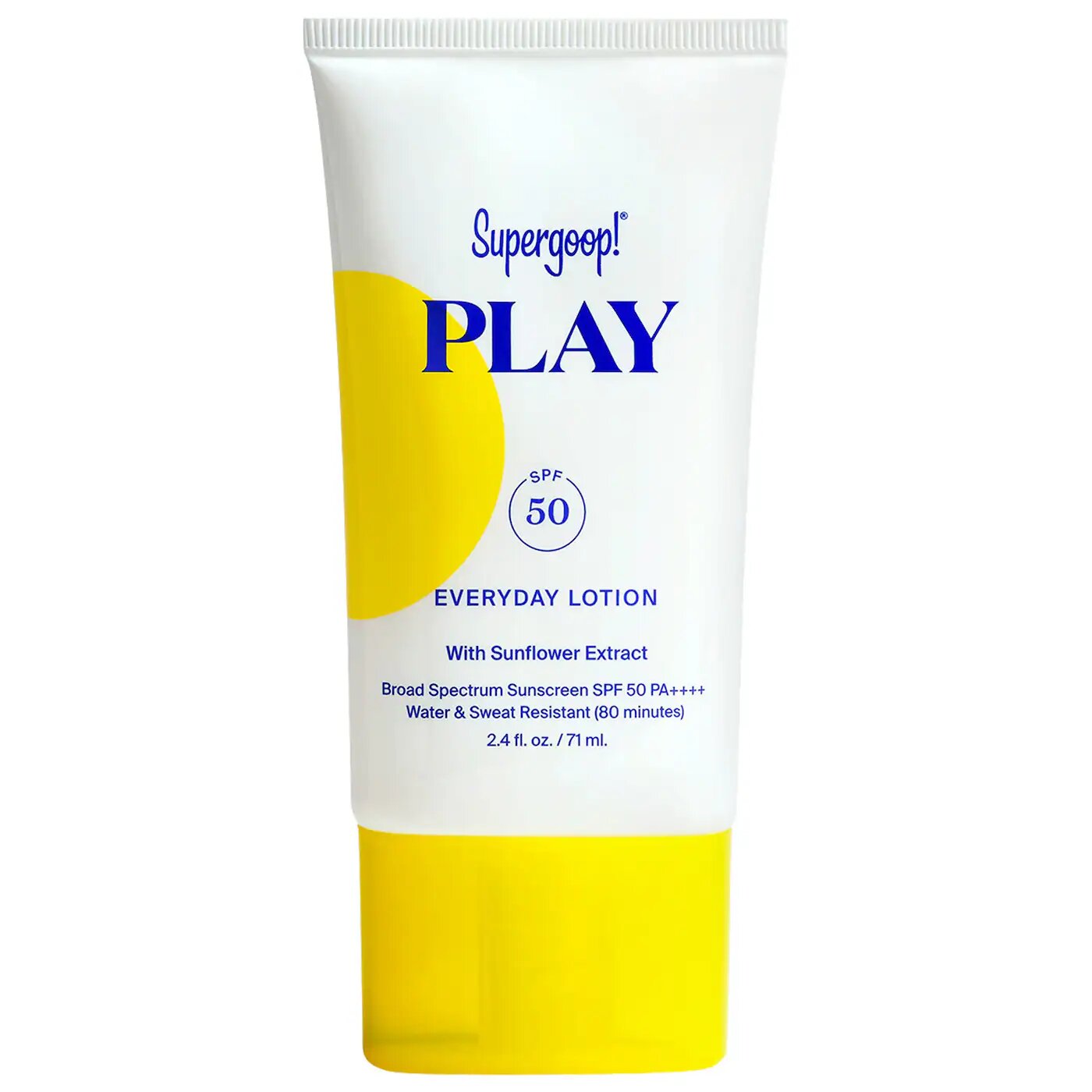
Best value sunscreen for combination skin
As well as playing well with all skin types, this high-factor sunscreen gets you bang for your buck.
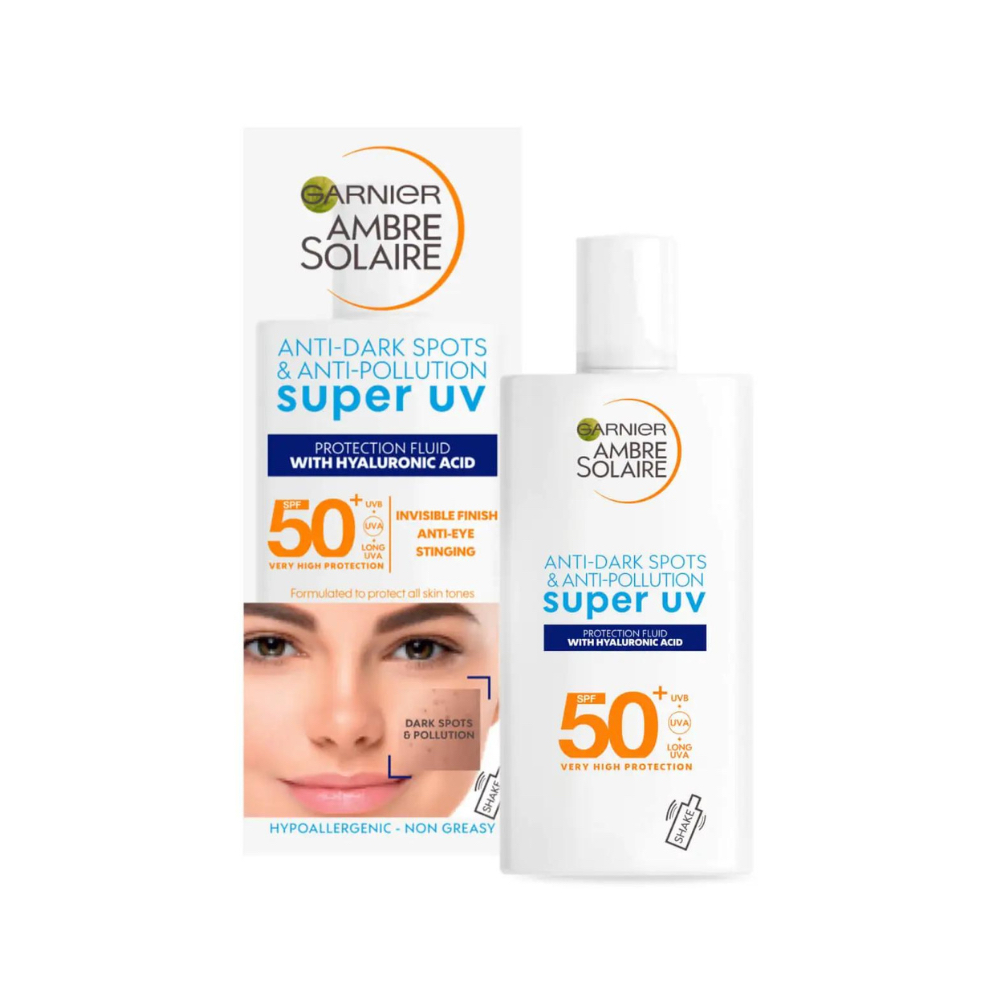
Best for sensitive combination skin
A tried and trusted brand, this runny formula plays well with all skin types, including sensitive.
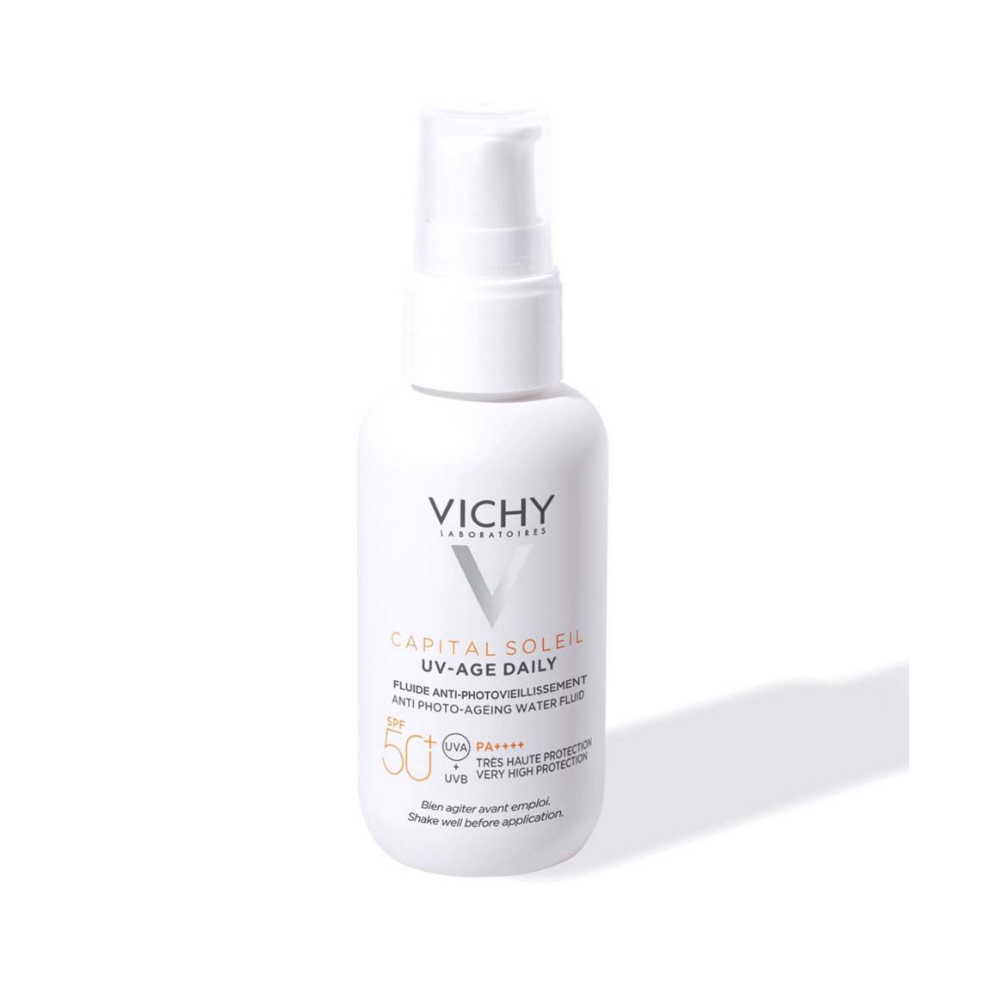
Best lightweight sunscreen for combination skin
Another very runny buy, you can barely feel this lightweight formula on the skin.
How we tested the best sunscreens for combination skin
Our beauty expert chose a range of different sunscreen options to test with formulas that would suit different types of combination skin, ensuring that all budgets were suited. Each formula was worn for at least one full day and, during the testing process, our tester took note of all of the following factors.
- SPF rating(s) available
- Texture and consistency
- Whether the formula is mineral or chemical
- Ease of application
- How it looked straight after applying
- How it wore with time
- Packaging
- Price

My skin would probably be classed as oily-combination as, although it's oily most of the time, it does experience some dryness from time to time. It's also very prone to dehydration. As for what I look for in a sunscreen, I don't like it to feel very greasy or sticky when first applied but, more importantly, it has to comfortably on the skin and not make it feel greasy as the day progresses. I also like formulas to rub in easily, feel comfortable on the skin, and not leave a noticeable white cast. As I'm often testing makeup for my job, I take note of how well a formula sits underneath makeup, too.
The best sunscreens for combination skin as reviewed by a beauty expert
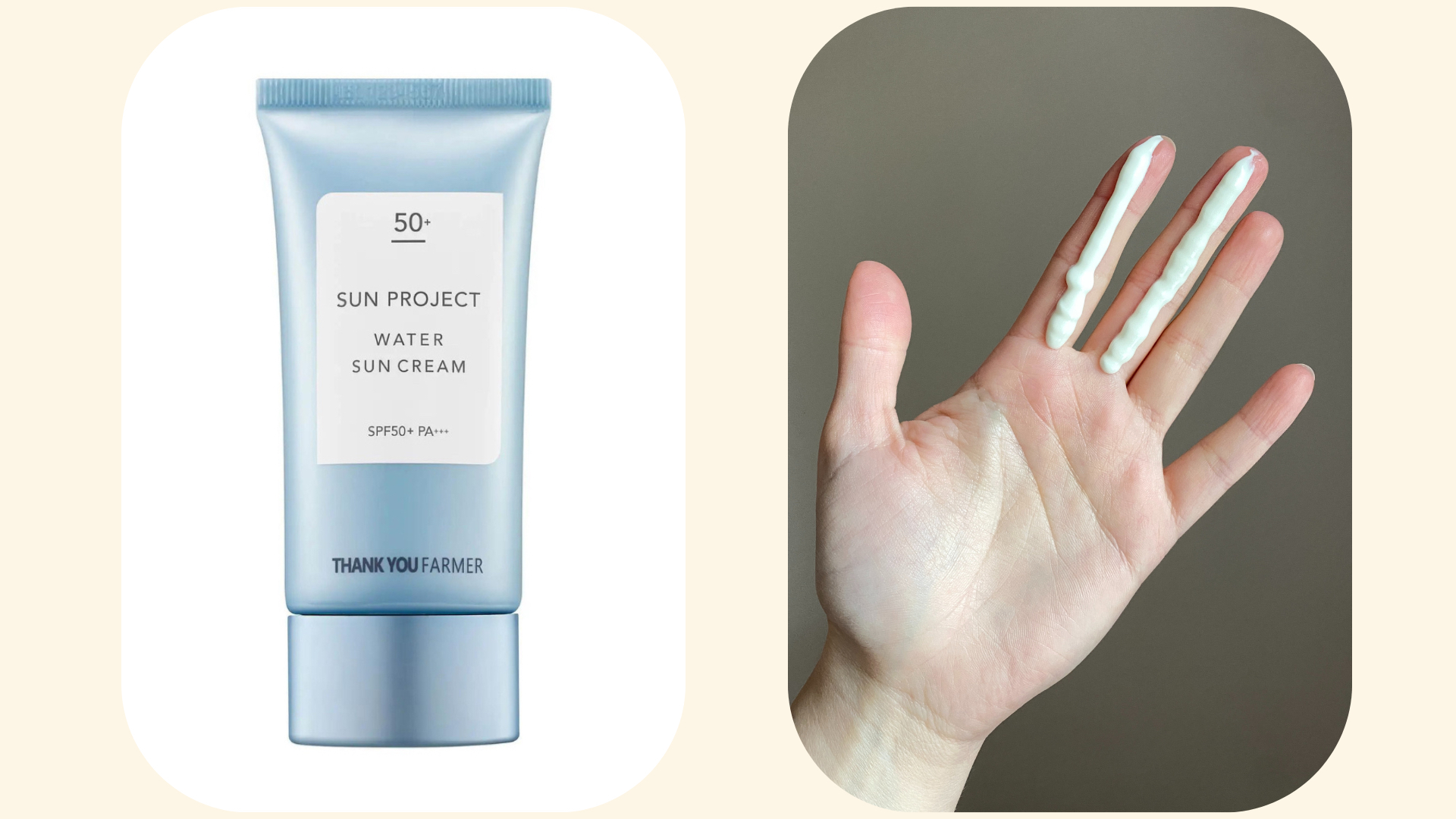
1. Thank You Farmer Sun Project Water Sun Cream SPF 50+ PA+++
Our expert review:
Specifications
Reasons to buy
Reasons to avoid
Thank You Farmer is a brilliant K-beauty brand with a lot of loyal fans around the world, and I can totally see why this is one of its most popular products. The texture is a dream—very silky—and it sinks into the skin for the most comfortable wear, also making a beautiful base for makeup. It’s great for dehydration in all skin types, containing hero hydrator hyaluronic acid, and the moisturizing formula is a particularly good match for those combination skins who experience dryness.
That said, because it’s so lightweight and hydrating, it does also work well on my skin, which leans towards the oily end of the scale. I had no issues with repeated use, but it’s worth mentioning that the formula does include walnut oil, which, while not highly comedogenic, may not suit those who are very prone to congestion and breakouts. Other than that, I can't really fault it.
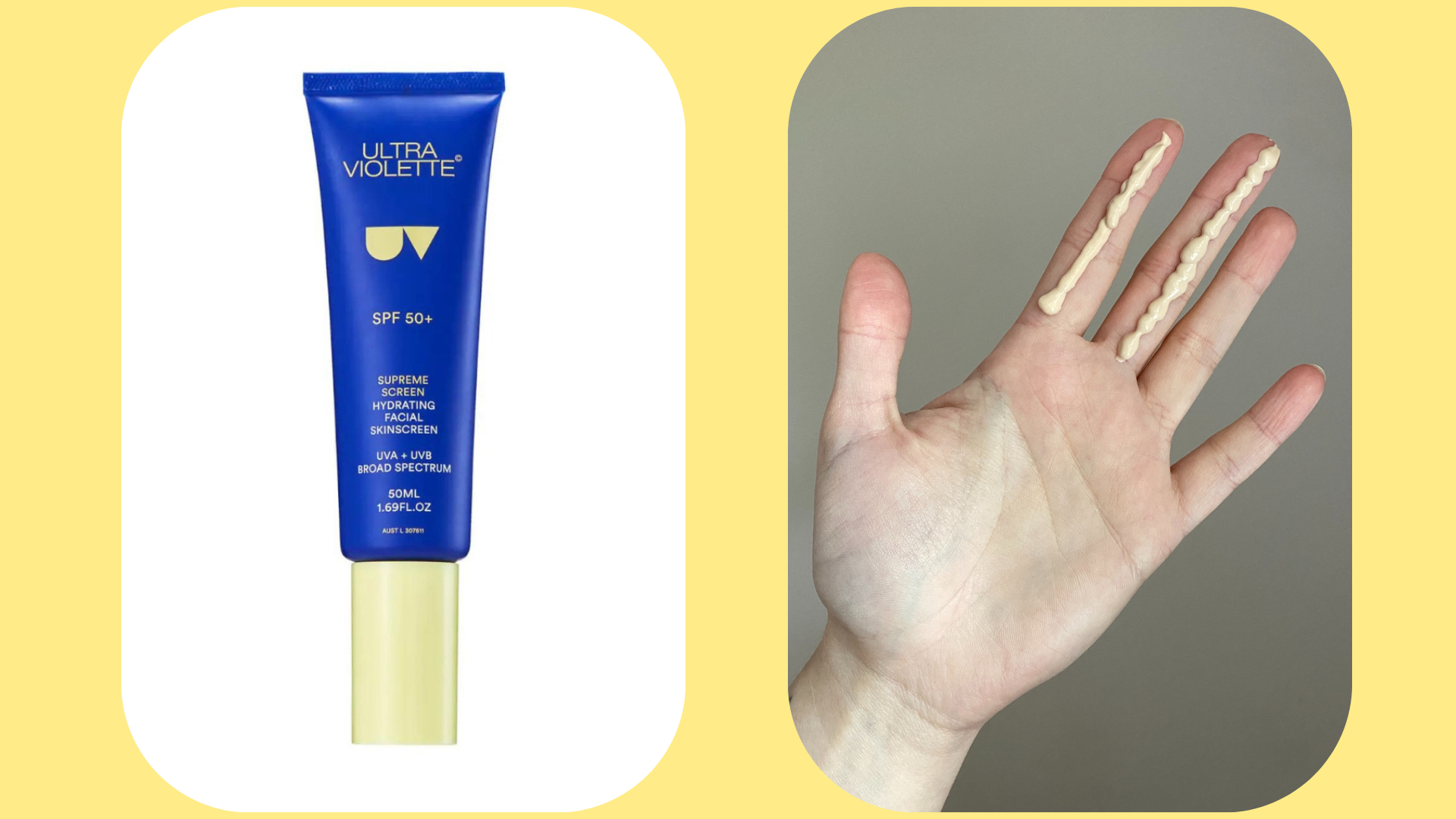
2. Ultra Violette Supreme Screen Hydrating Facial Skinscreen SPF 50+
Our expert review:
Specifications
Reasons to buy
Reasons to avoid
Ultra Violette is one of those brands that gets people excited about applying their daily SPF, so, naturally, beauty experts love it. It hails from Australia where they take sunscreen very seriously and which, in the brand’s own words, is “the toughest place to get sunscreen approved”—so you know their formulas are top-notch.
Being oil-free, Supreme Screen is a great option for those whose skin is on the oily side, but the formula is moisturizing enough to smooth over any dry patches. It’s also got a formula that appeals to the skincare enthusiast, with vitamin C-rich Kakadu plum and dragosine for additional antioxidant protection. As for how it wears? I found it blended in easily and was very comfortable on the skin, and it worked nicely when worn with the best foundations for oily skin. An excellent choice that I'll use again and again.
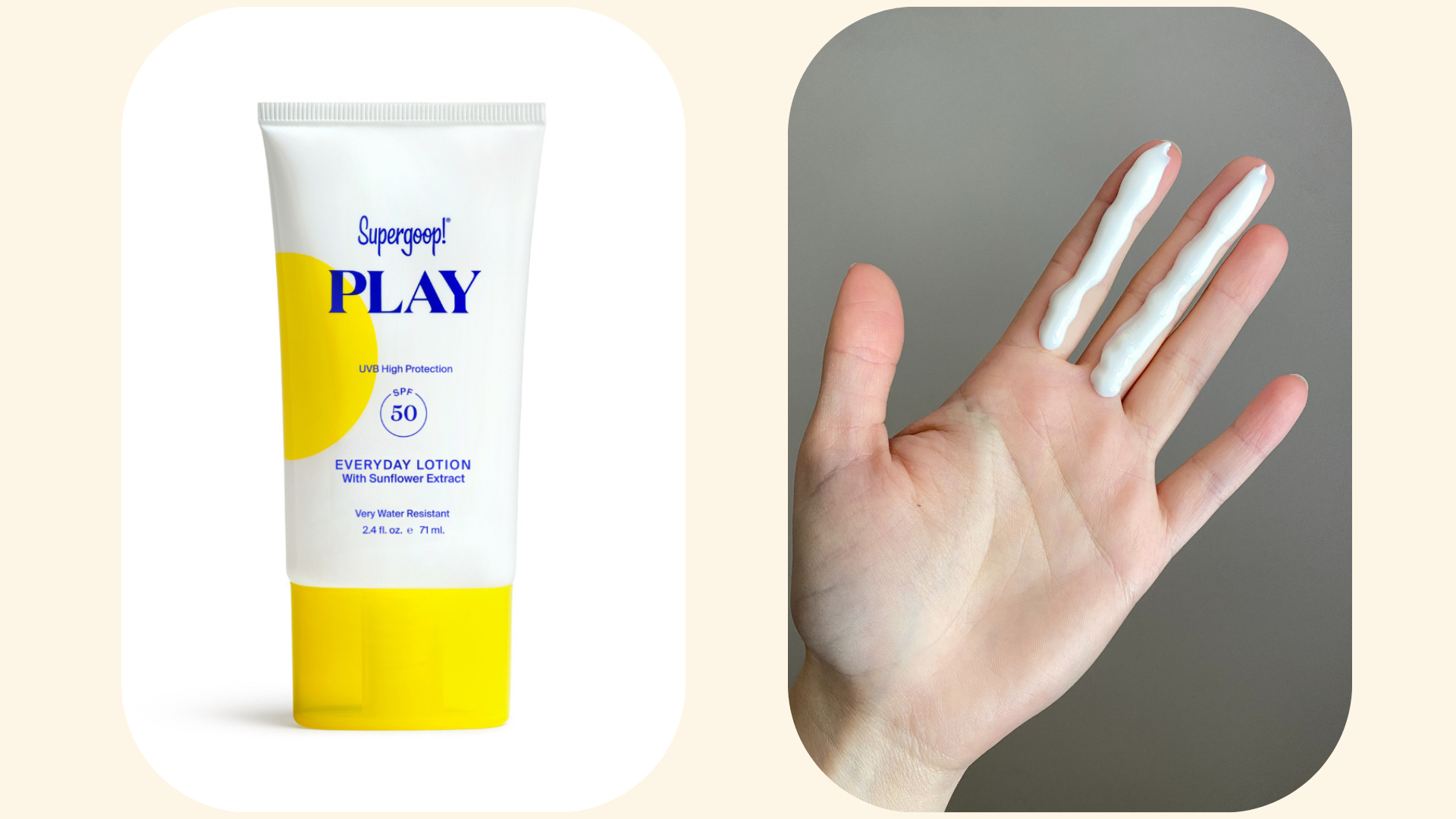
3. Supergoop! Play Everyday Lotion SPF 50
Our expert review:
Specifications
Reasons to buy
Reasons to avoid
Another sunscreen-only brand that makes applying the stuff fun, Supergoop really bangs the drum for wearing sunscreen all-year-round, and many of its formulas have (rightly) achieved cult status. Their primer-style formulas are great, but it’s this all-rounder that is my favorite from the brand. It’s moisturizing without overdoing it and feeling greasy, it layers brilliantly over other products as the last step in your skincare routine, and feels lovely on the skin, with a high level of broad-spectrum protection to boot.
Although it’s a thick-ish white lotion, it didn’t take long to disappear into my skin. It also smells like a sunshine-filled holiday—though do note that the Play formula contains some natural fragrance, which may be a reason to avoid if you know your skin is sensitive to these ingredients. Otherwise, it's a lovely lotion, whether worn alone or with makeup, and will make a great addition to your everyday routine.
Read our full Supergoop review for a more in-depth guide to more of the brand’s sunscreens
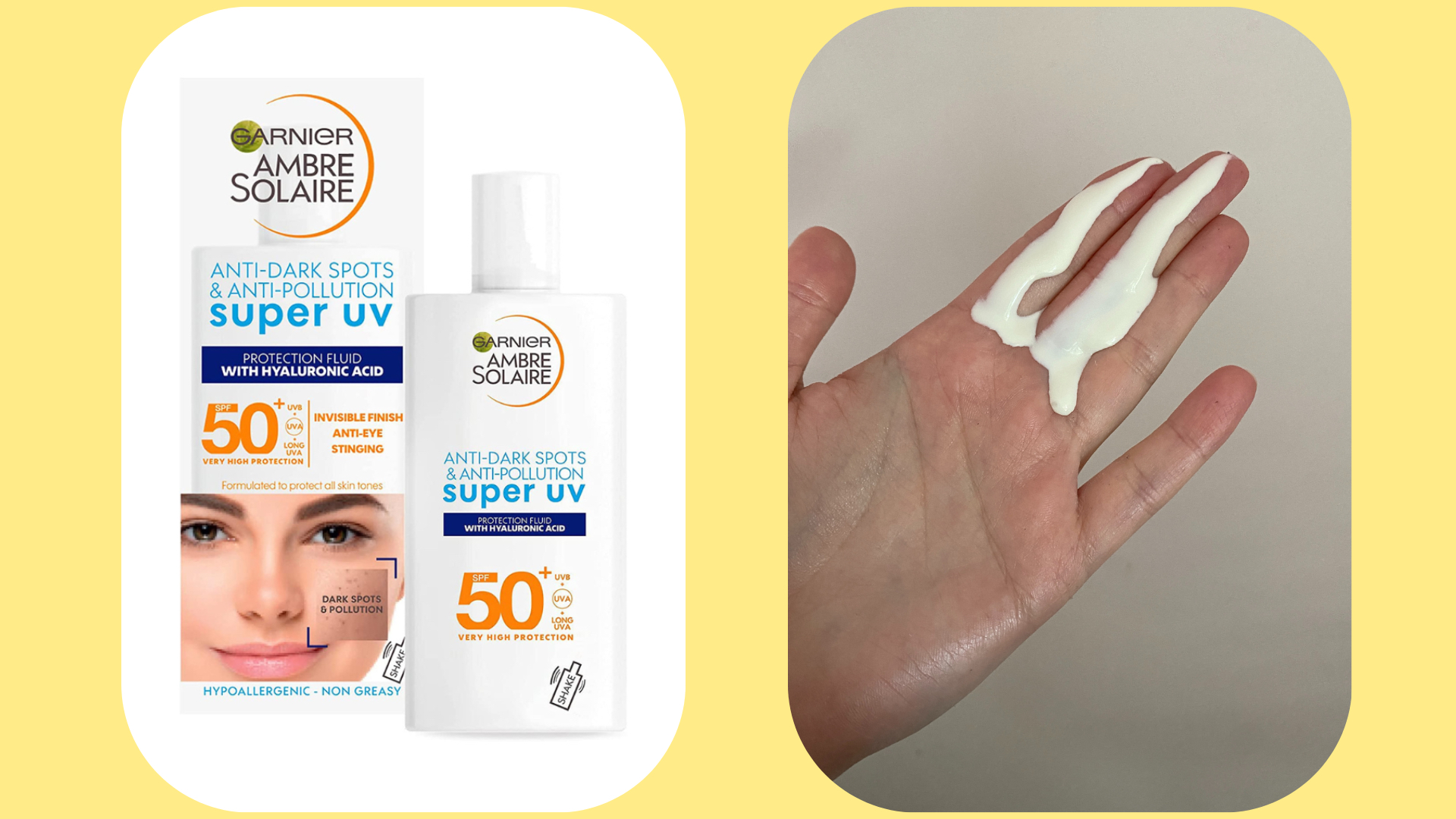
4. Garnier Ambre Solaire Anti-Dark Spots & Anti-Pollution Super UV SPF 50+
Our expert review:
Specifications
Reasons to buy
Reasons to avoid
Garnier is one of those trusted names for SPF, and this little bottle is many skincare experts’ affordable go-to. It’s very reasonably priced, making it a great choice for those who want to spend as little as possible on a good facial sunscreen, and has been designed with sensitive skin in mind—no fragrance or stinging eyes here. Although it’s very runny—which means you have to be quick in your application—it soon soaks into the skin and doesn’t leave mine looking excessively shiny.
Enriched with hyaluronic acid and vitamin E, it's also a great option for city-dwellers or commuters as it protects the skin from oxidative stress brought on by pollution. At 40ml, the bottle is a little smaller than standard, so it won't last a particularly long time with that all-important daily use (if you're wondering does sunscreen expire, the answer is a definite yes).
Read our full Garnier SPF 50 sunscreen review for a detailed analysis of this fan-favorite
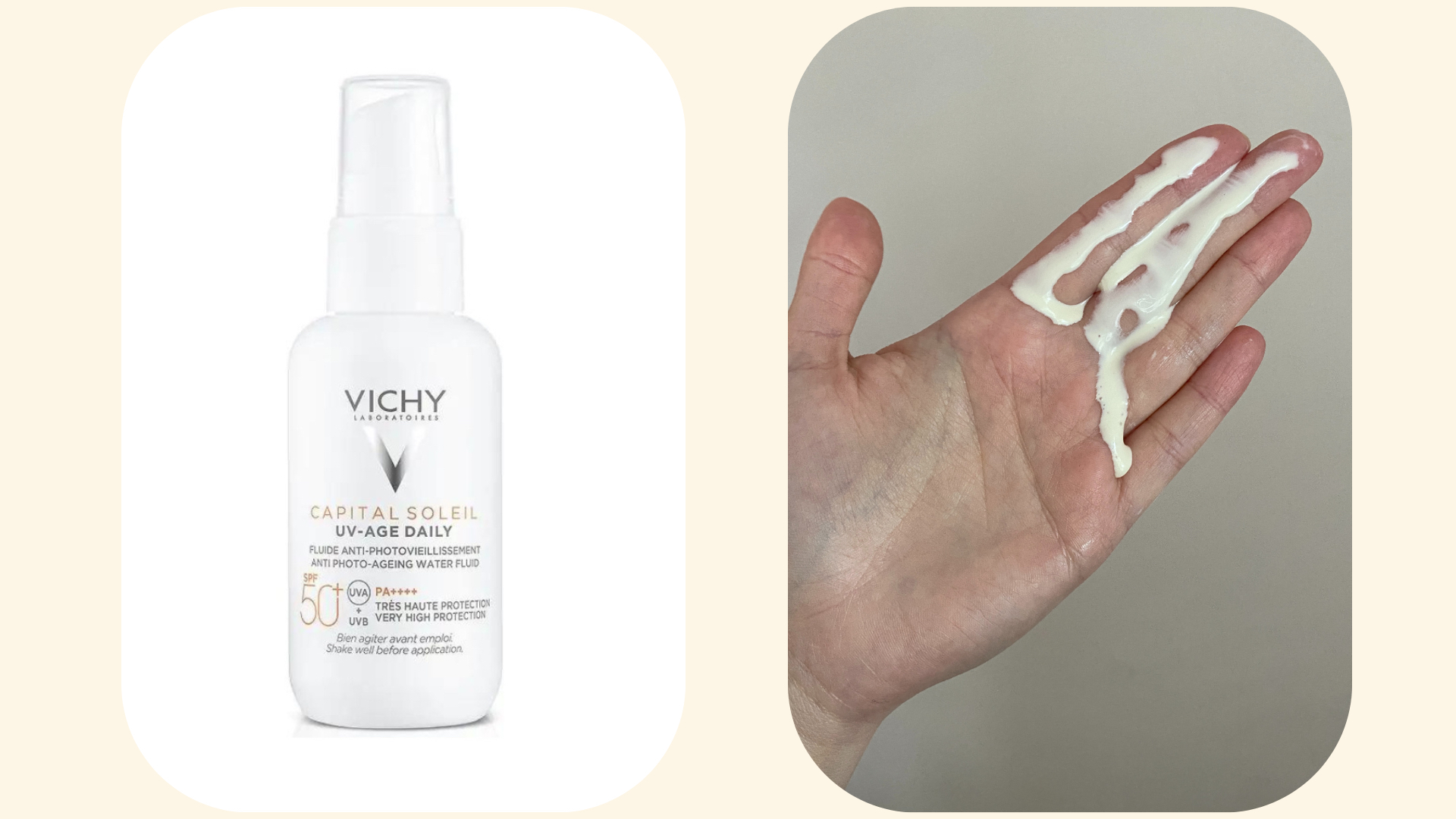
5. Vichy Capital Soleil UV-Age Daily SPF 50+
Our expert review:
Specifications
Reasons to buy
Reasons to avoid
Vichy is another trusted skincare name that has the backing of dermatologists around the world. Capital Soleil UV-Age is another runny number with a cocktail of great skincare ingredients—namely vitamin E, niacinamide, and peptides. What I particularly liked about this formula was not just how well it sinks into my skin, but that you can’t really feel it to the touch once it’s done so. It’s a dream to apply makeup over the top on with absolutely no sunscreen pilling.
Like the Garnier option above, the bottle is on the smaller size but comes with a higher price tag, so it’s not especially good value. The pump mechanism doesn’t lend itself well to the “two finger” application method recommended by dermatologists, but it will be easy to unscrew and shake out the last drops when I come to the end of it.
Meet the experts on sunscreen for combination skin
Dr. Ifeoma Ejikeme is a medical consultant, skin expert, and founder of Adonia Medical Clinic. Here she has explained how to choose SPF for combination skin, as well as the differences between mineral and chemical sunscreen.
Dr. Alexis Granite is a board-certified consultant dermatologist and ambassador for Garnier. Ahead she breaks down exactly how much sunscreen should be applied for adequate protection.
What to look for in the best sunscreens for combination skin
The key to the best sunscreens for combination skin is balance; you’ll want some level of moisture, depending on your level of dryness, without worsening oiliness. Dr. Ifeoma Ejikeme recommends: “Look for sunscreen that is labeled as ‘oil-free’ or ‘non-comedogenic,’ as this can help prevent clogging of pores and breakouts. Choose a sunscreen with a lightweight texture, that won't feel heavy or greasy on the skin.”
How much sunscreen should you apply to the face and neck?
"To actually achieve the SPF that the sunscreen promises, you should be applying approximately two milligrams of sunscreen per square of skin. That's the equivalent of about two tablespoons for the body," says Dr. Alexis Granite. "For the face, I like to use the two-finger rule—the amount to cover the face and neck should be equal to the lengths of your second and third fingers. Make it the last step in your daily skincare routine and don’t forget to cover the ears and neck, too!
"If you’re using a chemical sunscreen, you need to apply it 30 minutes before going outdoors to ensure it’s properly absorbed into the skin," she adds.
What's the difference between chemical and mineral SPF?
"Mineral sunscreens and chemical sunscreens are the two main types of sunscreens," says Dr. Ifeoma Ejikeme. "Mineral sunscreens contain physical filters, such as zinc oxide or titanium dioxide. Chemical sunscreens, on the other hand, contain chemical filters such as avobenzone, octinoxate, and octocrylene."
Lucy is a beauty journalist who has written for titles including Marie Claire, Cosmopolitan, OK!, woman&home and Women's Health, as well as regularly contributing to My Imperfect Life. Her work covers everything from skin and haircare tips to trying and testing the latest beauty launches, and interviewing celebrities and experts. A certified dog person, her other interests include mental wellbeing, books, piña coladas and not getting caught in the rain.